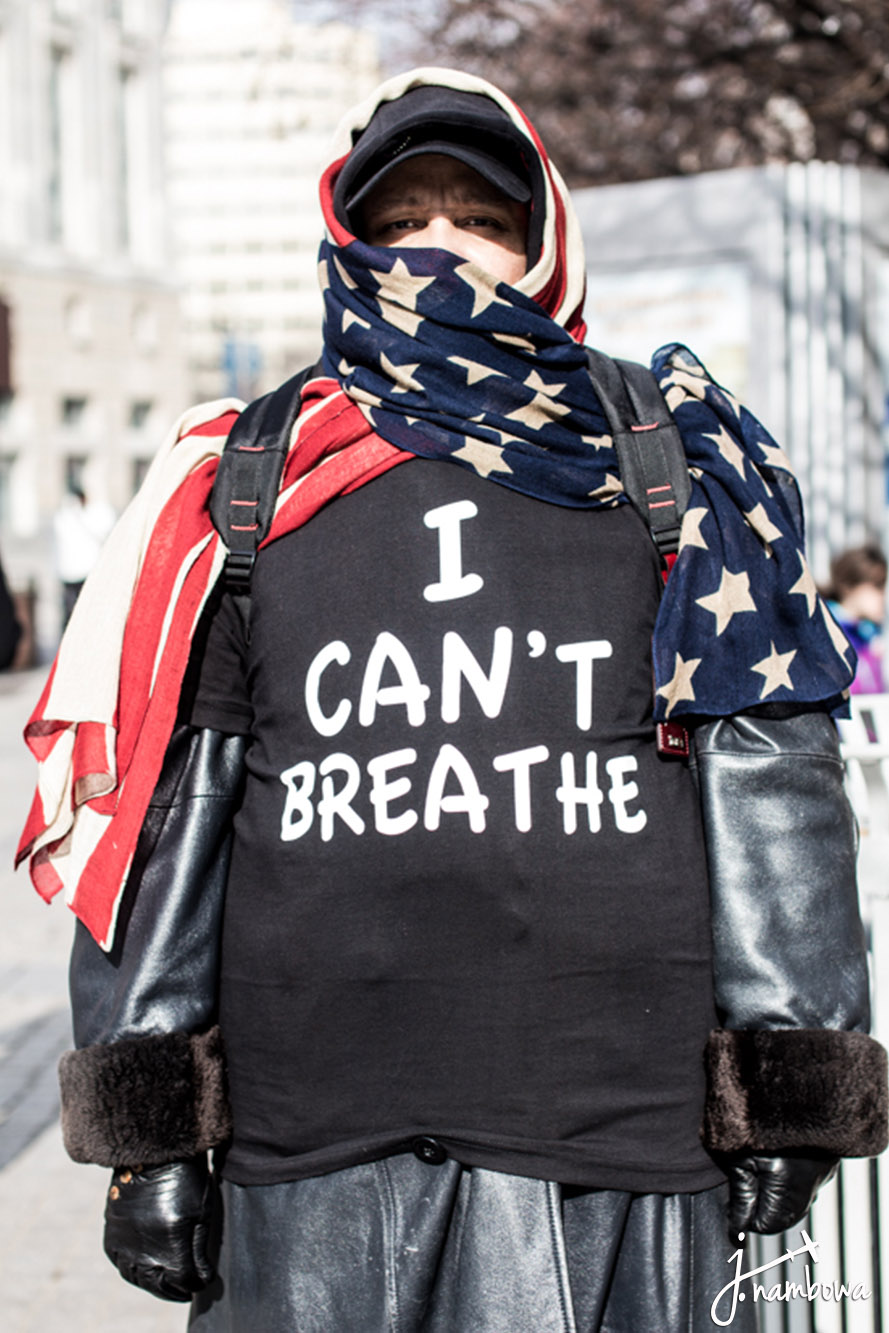La santé publique au Bénin
As many of us learned in courses that focus on global public health or by reading the Africa section of the NY Times, public health in developing countries, Africa specifically is poor at best and for many, nonexistent. Being here in Benin has been an eye opener and has provided great field work to solidify my understanding of lessons learned in LSE’s DV421: HIV/AIDS and Other Emerging Health Threats.
Our town’s hospital is often not functioning because the staff is on strike due to unpaid wages by the government, which begs the question, how do we incentivize governments to invest in national public healthcare services, training and infrastructure. Below I have written three short descriptions of incidents in the area that demonstrated the failures of our local healthcare system, of you can even call it that.
1. On January 5, a young man of eighteen years named Agoussadou Rodrique, while riding on a motorcycle owned by our NGO was in an accident in which he flew off of the motorcycle, landing face first on the pavement. He was not wearing a helmet. The incident occurred while we were still in Ghana. I was told that his face was “broken” along with his arm. When we arrived back at work on January 11, we were given more details about the accident, after which the Italian and I went to the hospital to talk with Rodrique. When we arrived at the hospital it was difficult to locate him because the staff was striking as usual so there was no one to ask. There were a few ladies washing clothes nearby and we asked them. They did not know of the young man, then we heard groaning coming from the room we were all standing in front of. It was him. We entered. I assumed the worst, but imagined that his face would be covered with bandages. It wasn’t. Describing his face as “broken” was a good description, which seemed ridiculous at the time. His nose seemed to have disappeared, along with a tooth or two. His broken arm was wrapped in bandages but he had not yet had surgery to repair the break. The Italian spoke with him, but I had to leave the room because looking at him was too painful. That evening we went back to speak with the director about the case. He said that they had not yet fixed his arm because he had been busy. He said they would try to do it on Friday, which would be a week and a half after the accident. Tuesday, January 25, yup, 20 days after the accident, Rodrique was out of the hospital but still in need of a cast.
2. WARNING: MEN MIGHT NOT BE VERY INTERESTED IN THE NEXT STORY I have been a fairly consistent user of the birth control pill Seasonique for the past several years. After ten weeks of taking the pills I stopped so that I could have my period. And have it I did for two weeks. I became worried after eight days because it wasn’t winding down. I tried to reach out to my Gyno in the US but her office didn’t think it was urgent enough to call my sister back until the third day she tried calling. I headed to our local hospital. We met with the director and I was informed that The gyno was not in Dassa and he didn’t know when he was returning. He suggested we go to Cotonou, which is 200 kilometers and a very long very bumpy bus ride away. I was concerned about being on a bus for too long, so we called a driver from Cotonou to come and get us. This is 45000CFA (€69) each way versus the 5000CFA (€8) we normally pay. Thank goodness we have the money for such a trip, something that local people can only imagine affording. Luckily enough for me, we met a Peace Corps volunteer a while back who was able to put me in touch with a PC doctor who put me in touch with a gyno he trusted. So we headed to Cotonou. After waiting a while to see the doctor, I explained my illness with a mixture of French and English, he performed a sonogram and I found the cause of the bleeding, a fibroid.
I told this story here so that you can understand the lengths that one has to go through to be diagnosed and treated medically. I was able to afford a trip to Cotonou and this expensive doctor because the NGO that I work for was paying for it. Imagine if I was a Beninese woman from the village. I likely would’ve continued bleeding for a much longer period until who knows what would’ve happened.
3. (written by Fiorenzo Conte) Her name is Camille and she was 3 weeks old when we found out about her. The people from her village called our local NGO partner to draw our attention to her story. Her mum had been victim of the leading cause of mortality, yet often ignored, amongst women in developing countries: maternal mortality. Camille’s mum died because she did not have access to a service taken for granted in rich countries: assistance in case of complication at the delivery. She gave birth to Camille at the health centre in her village, assisted by nurses. Later on she started to bleed and nobody in the centre was prepared nor equipped to cope with the situation. Hence, they called the local hospital in Dassa to have an ambulance to get her to the town. The response is shocking but somehow not surprising to those living in the area: the ambulance is not available so they recommended that she took a moto to arrive to the hospital. The drive from her village to the town is 40 minutes on a bumpy road. She died shortly after arriving at the hospital. Now Camille is left to the care of an old grandmother not in the condition to look after her. One could say that Camille was unlucky because she was born in a village too far from the town. One could also say that it is not feasible for the government to invest in health facilities in remote rural areas. One could say in sum that her death was due to chance: nothing other than the lottery of birth. Or one could admit that she is another silent victim of a government that systematically ignores and excludes those more in need of care.




those are really moving stories. thanks for posting them. my own story here is meeting someone with full-blown untreated AIDS for the first time. I've met people in the US with AIDS, but they've always been on treatment and they looked fine. This man couldn't even hold his hand up to shake my hand, nor even reach for the full plate of food beside him. The phrase 'Slim', what Ugandans used to call AIDS before it had a name, became all too clear.
While Uganda has a massive AIDS problem, the health centers each only take 4-5 new patients a week to receive ARVs. This man's family had enough money to bribe the health worker to get him on the list for ARVs, which he has since started and looks 100% better. Indeed, health care is only available for those with large amounts of money.